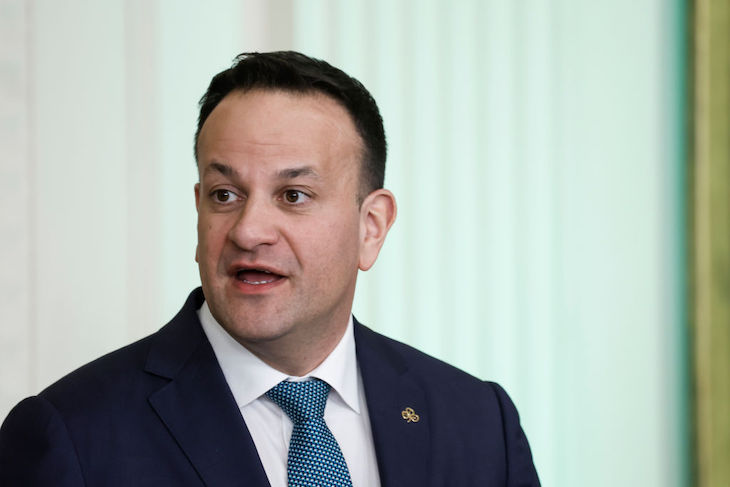The Irish government has controversially announced that it will bring an inter-state claim against the UK in the European Court of Human Rights over the Northern Ireland Troubles (Legacy and Reconciliation) Act. Taoiseach Leo Varadkar rather piously claimed that he had ‘no option’ but to bring the case, since the Act breaches the European Convention on Human Rights (ECHR).
Already a subscriber? Log in
Subscribe for just $2 a week
Try a month of The Spectator Australia absolutely free and without commitment. Not only that but – if you choose to continue – you’ll pay just $2 a week for your first year.
- Unlimited access to spectator.com.au and app
- The weekly edition on the Spectator Australia app
- Spectator podcasts and newsletters
- Full access to spectator.co.uk
Or




















Comments
Don't miss out
Join the conversation with other Spectator Australia readers. Subscribe to leave a comment.
SUBSCRIBEAlready a subscriber? Log in